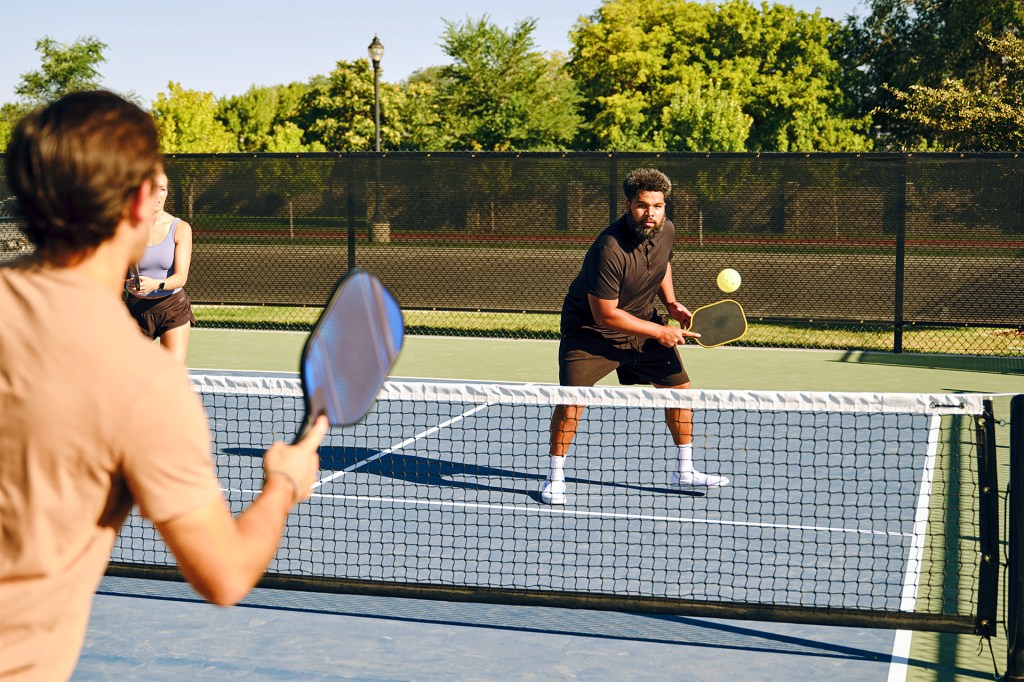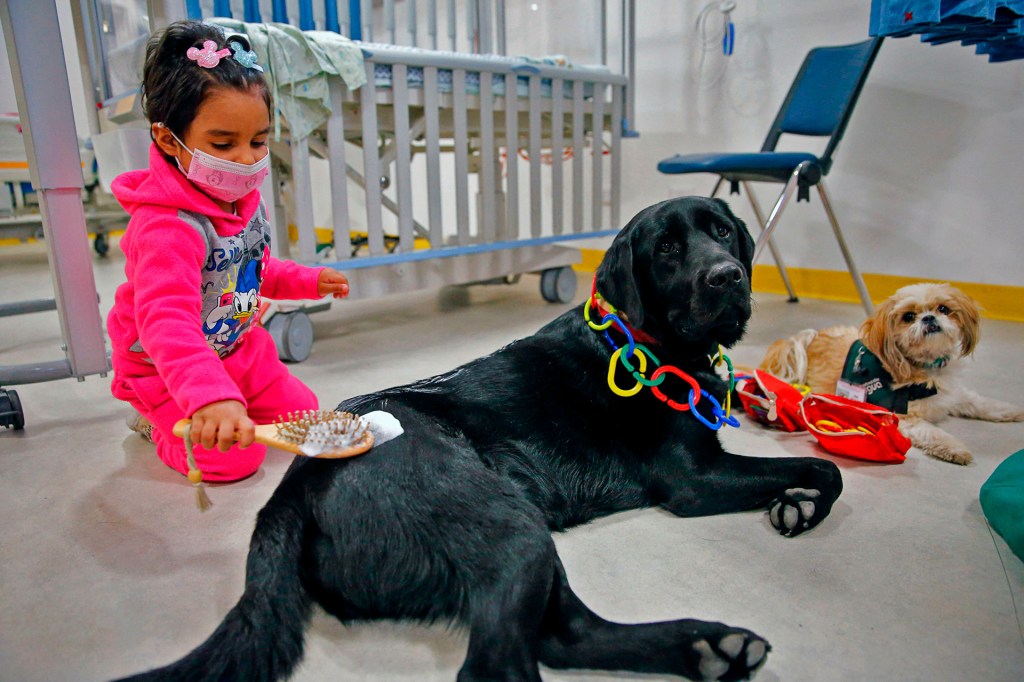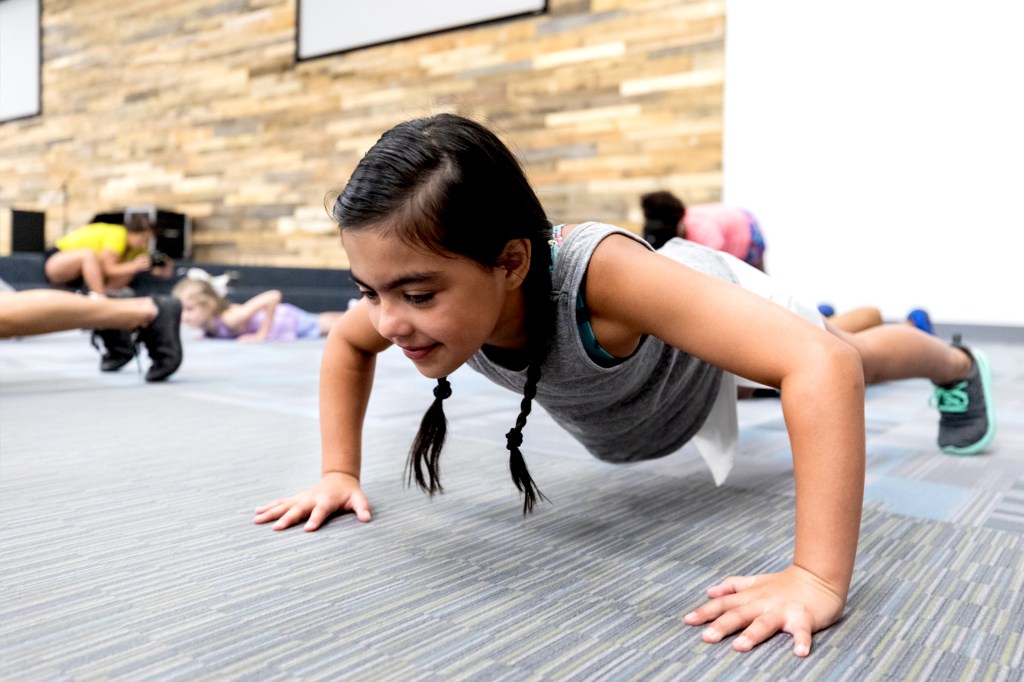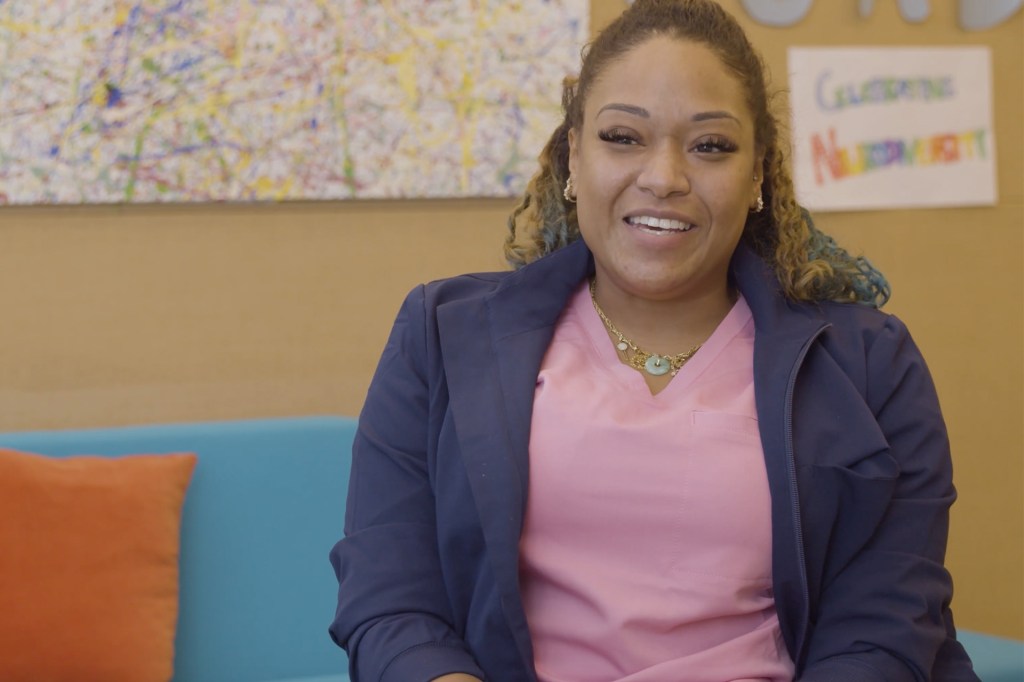Eyes on Vision
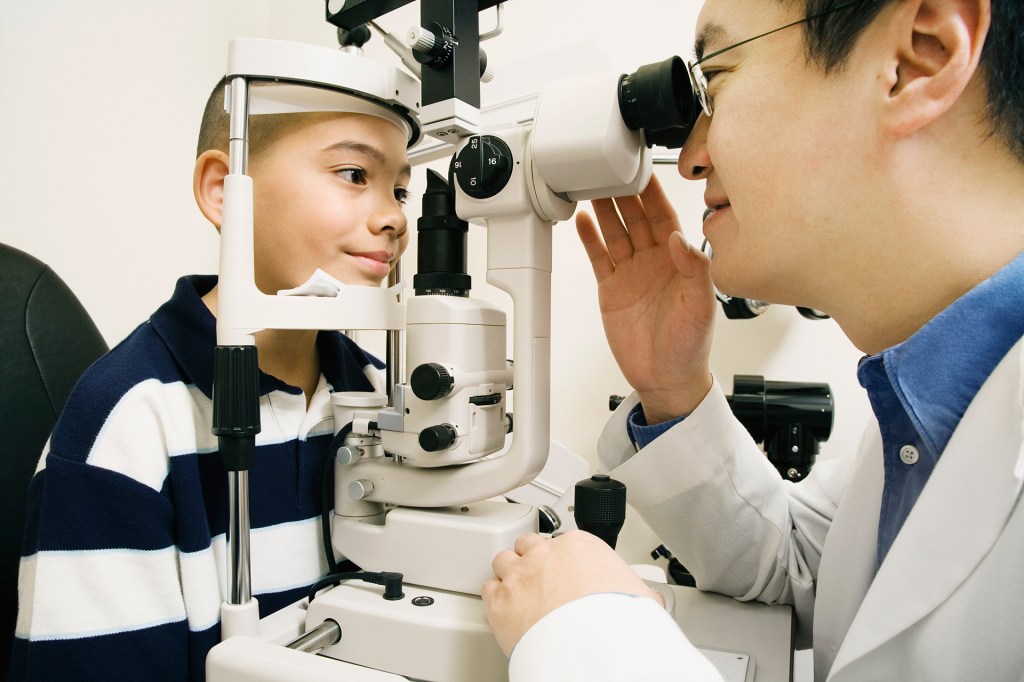
Two years ago, Azara Mason was having trouble seeing the board in class. An eye doctor told her she had myopia, or nearsightedness. People who are nearsighted have trouble seeing things that are far away.
Azara, 9, now wears glasses when she needs them. About half of her classmates at Eagle School, in Madison, Wisconsin, do too. “I don’t remember so many kids needing glasses when I was growing up,” says Azara’s mother, Azita Hamedani.
New Light
The eye works like a camera. Light passes through a lens and is turned into images. The brain then helps us understand what they are.
When people have healthy vision, their eyes focus light on the retina. When people are nearsighted, their eyes focus light in front of the retina. That makes objects that are far away look blurry.
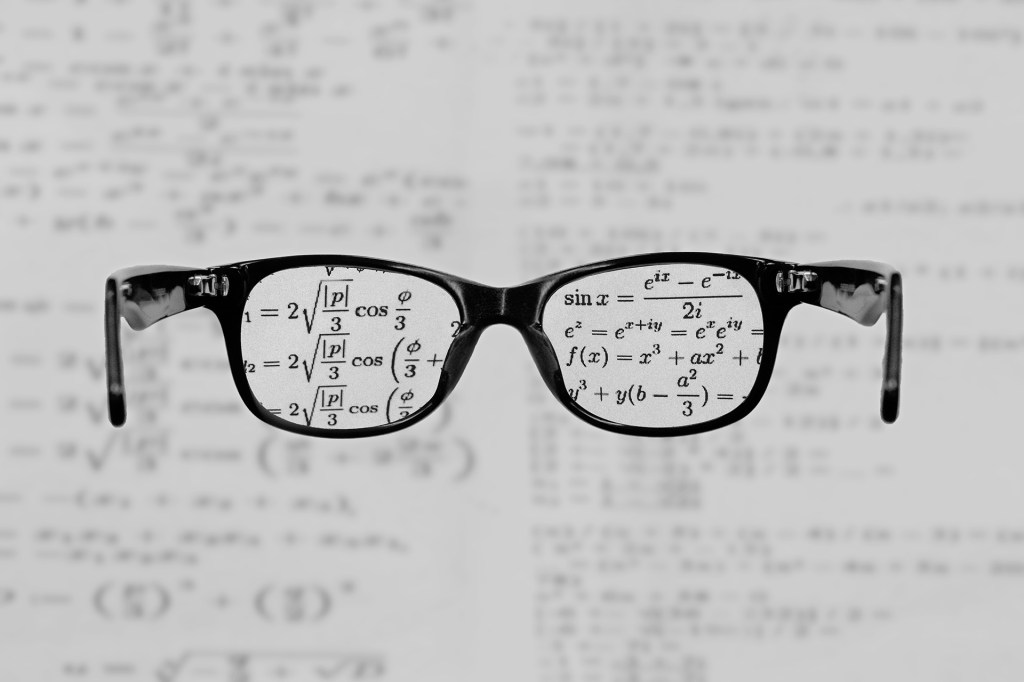
Dr. Maria Liu is head of the Myopia Control Clinic at the University of California at Berkeley. She says a growing number of people have myopia, and kids are developing it at a younger age.
Many studies show a rise in myopia. The National Eye Institute (NEI) found that nearsightedness among Americans grew 66% from 1971 to 2004. Experts say that by 2020, myopia could affect one third of the world’s population.
“The jury is still out about what the cause of this increase is,” says NEI researcher Susan Vitale. Last year, the NEI spent $10 million looking into possible causes and treatments of myopia.
Scientists link the rise in nearsightedness to an increase in near work, including computer and cell-phone use. Studies show that less time spent outdoors may also be adding to the increase.
Focus on Eyes
What can you do to take care of your eyes? Liu advises everyone to unplug from electronic devices and spend more time outdoors to keep eyes healthy. Screen-Free Week, from May 4 to 10, is a good time to do just that. Liu also tells patients to take a 15-minute break to look at things in the distance for every 45 minutes of near work.
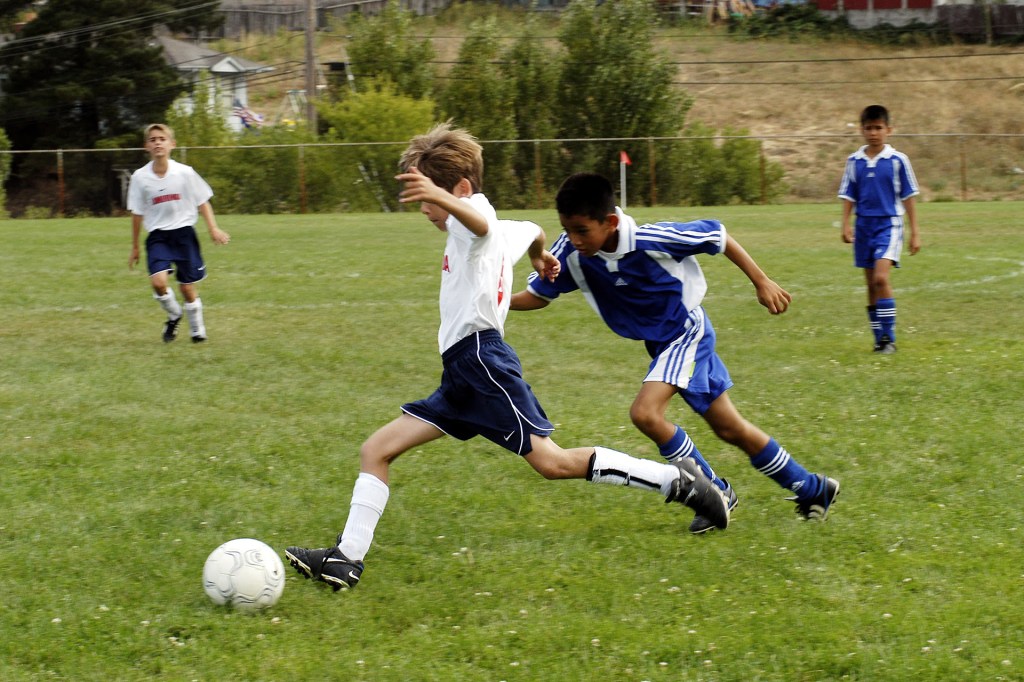
OPEN SPACE Experts say spending time outdoors is good for eye health.
GETTY IMAGESIf you are worried about your vision, you should visit an eye-care professional. Liu often prescribes special contact lenses and eyedrops. She says they can correct nearsightedness and slow it from progressing. Glasses and regular contact lenses improve vision but don’t have that extra benefit, she says.
If you have myopia, your parents and doctor can best decide the treatment that is right for you. Azara’s mom is looking into options other than glasses. But for now, Azara continues to happily wear her glasses—and clearly see the board.





